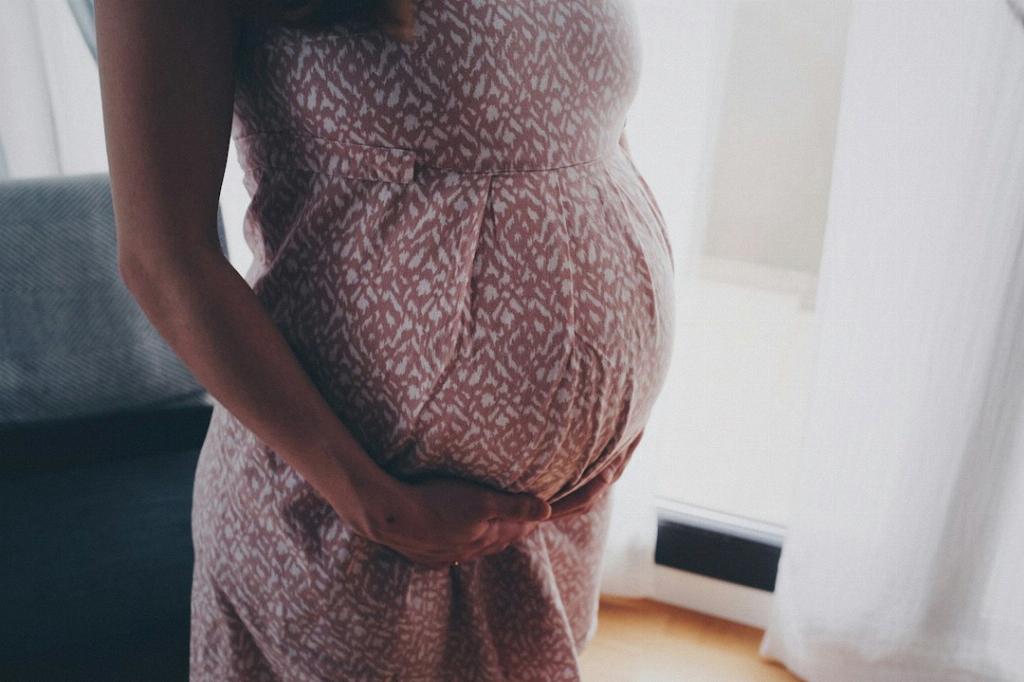Many expectant mothers experience dizziness at some point during their pregnancy. This is a common occurrence and can be attributed to various factors related to the physiological changes happening in the body during this time.
Changes in Blood Pressure
One of the primary reasons for feeling lightheaded or dizzy during pregnancy is the decrease in blood pressure that often occurs. As the body adjusts to the increase in blood volume to support the growing fetus, blood pressure can drop, leading to bouts of dizziness.
Impact of Hormonal Shifts
Hormonal changes, particularly the surge in progesterone levels, can also contribute to feelings of dizziness during pregnancy. These hormonal fluctuations can affect blood flow and result in dizziness or lightheadedness.
Uterine Pressure on Blood Vessels
Another factor to consider is the physical pressure exerted by the expanding uterus on the blood vessels, especially the large vein that carries blood back to the heart. This compression can impede proper blood circulation and lead to dizziness.
Effects of Anemia
Anemia, a condition characterized by low iron levels in the blood, is common in pregnant women. This lack of essential nutrients can impact oxygen delivery to the brain and body, contributing to feelings of dizziness and weakness.
Dehydration and Dizziness
Staying hydrated is crucial during pregnancy, as dehydration can exacerbate feelings of dizziness. Inadequate fluid intake can lead to a drop in blood pressure and affect overall circulation, triggering episodes of lightheadedness.
Postural Changes and Balance
As the body undergoes physical changes to accommodate the growing baby, maintaining proper posture can become challenging for some pregnant women. Poor posture or sudden movements can disrupt blood flow to the brain and result in dizziness.
Overexertion and Fatigue
Pregnancy can be physically demanding, and overexertion or fatigue can take a toll on the body. Pushing yourself too hard or not getting enough rest can lead to dizziness due to strain on the cardiovascular system.
Managing Dizziness During Pregnancy
If you experience frequent episodes of dizziness during pregnancy, it is essential to take steps to manage these symptoms. Resting, staying hydrated, and avoiding sudden movements can help alleviate feelings of lightheadedness.
When to Seek Medical Attention
While dizziness is common during pregnancy, severe or persistent episodes should not be ignored. If you experience dizziness accompanied by blurred vision, chest pain, fainting, or difficulty breathing, seek medical help immediately.
Consulting Your Healthcare Provider
It is always advisable to discuss any concerns about dizziness or other symptoms with your healthcare provider. They can assess your overall health and provide personalized guidance on managing dizziness during pregnancy.
Conclusion
In conclusion, experiencing occasional dizziness during pregnancy is normal and often due to the body’s adaptation to the changes occurring. By understanding the factors that contribute to dizziness and taking appropriate measures to address them, you can navigate this aspect of pregnancy with greater ease and comfort.

